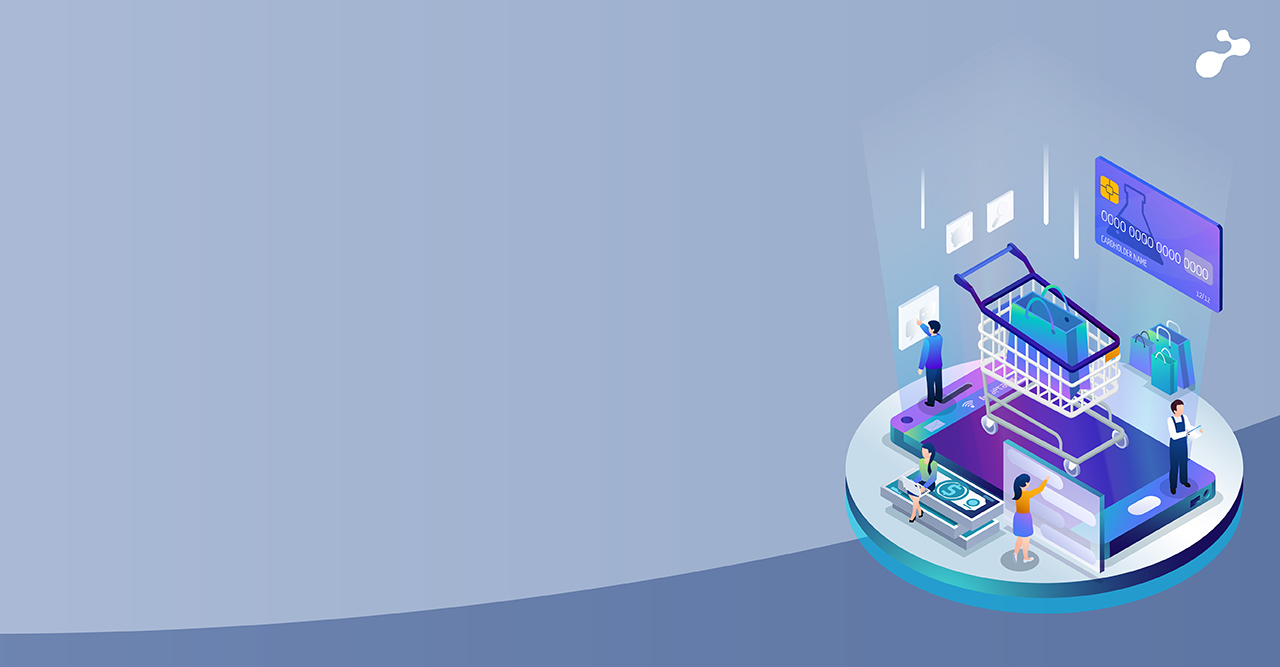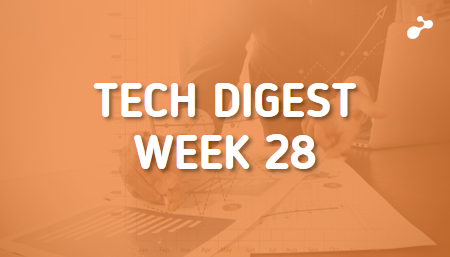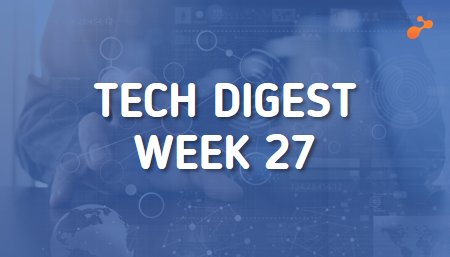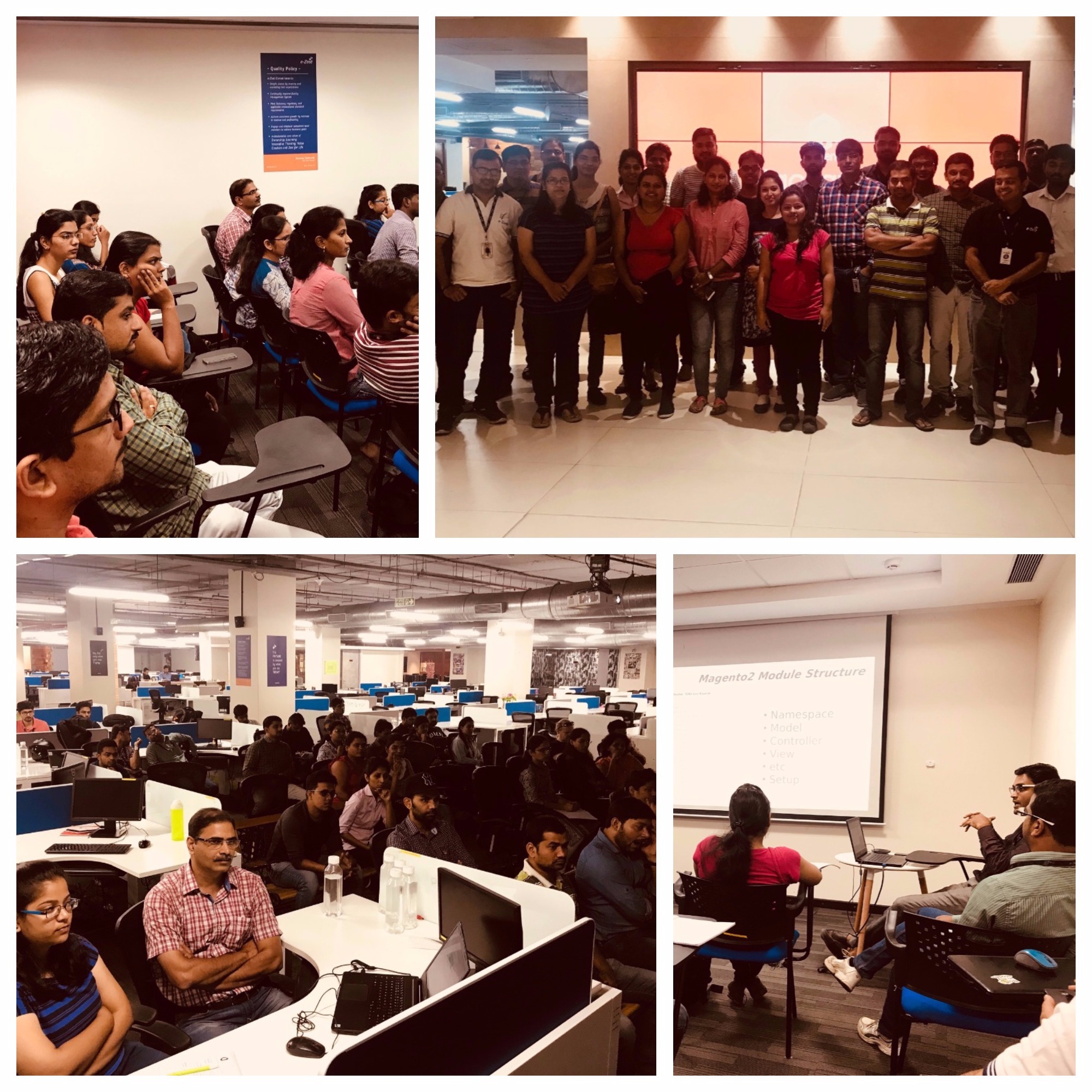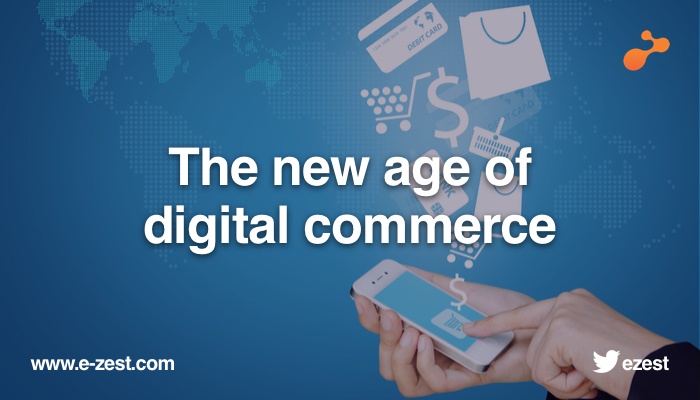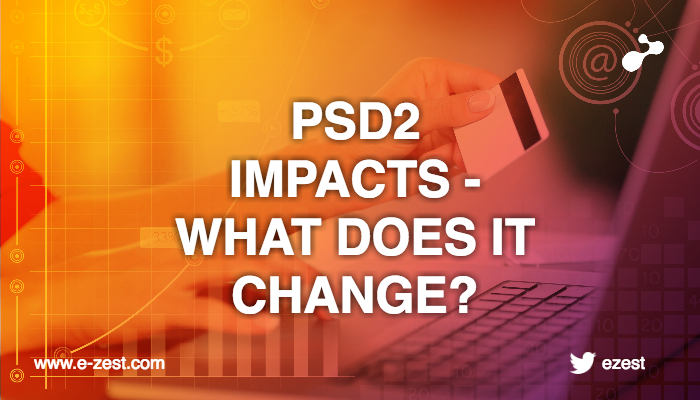In the ongoing boom in the e-commerce industry, new players are joining the race every new day and several are shutting down as well. But the race is on, and those are funded well are topping the charts. Before entering into the e-commerce space, it is important to understand the domain from a functional as well as IT perspective.
Here is a brief understanding about the e-commerce portals.
e-Commerce portals are of four types:- Business to Business (B2B): These are marketplaces where businesses meet and find products of their business interests sold by other businesses. Portal is just a platform for the businesses to find each other, while each stakeholder has to register with the portal with a defined capacity.
- Business to Consumer (B2C): These portals serve the consumers with various products and generally do not provide wholesale/bulk orders.These are of two types:
- Marketplaces: These are the platforms, where different businesses can place their products to be sold to consumers, while the marketplace owning organization is just a service provider and not a seller.
- e-Commerce shop: These are the individual e-commerce shops intended to sell products of a single business entity to the consumers.
- Business to Government (B2G): These are portals that provide various governments and public sector agencies to release their tenders, RFPs, RFI, EOIs, etc. for the products or services they seek from businesses/vendors. Such a portal is managed by a business and facilitates the government agencies in the bidding process; more like a Platform as a Service (PaaS). Moreover, portals hired by the government as a SaaS also fall in this category, such as a dedicated e-commerce portal subscribed by a public sector agency to sell its products.
- Government to Consumer (G2C): These are portals from the government to the consumers/citizens where they can pay utility bills for services like electricity, water, sewerage, etc. and might also find products for sale. Governments are increasing their reach to the consumers to provide better services and reliable products, and hence are implementing e-Governance initiatives including digital payments. These portals also enable registered sellers to sell their products through the portal. Such portals also extend their services to facilitating tendering process where the Government seeks goods or services.
The first two are the most widely spread concepts where the consumers as well as the businesses are well informed about, while the latter two are new to the industry and are picking up well.
With the increasing inclination of the government on e-Governance, public sector has significantly started adding to this sector.
Overall, e-commerce has become a substantial part of life of consumers, businesses and governments, and the sector seems to be picking up at a rapid growth rate. IT companies providing robust e-commerce solutions are rightly aligned towards growth with the buzz of the time.

